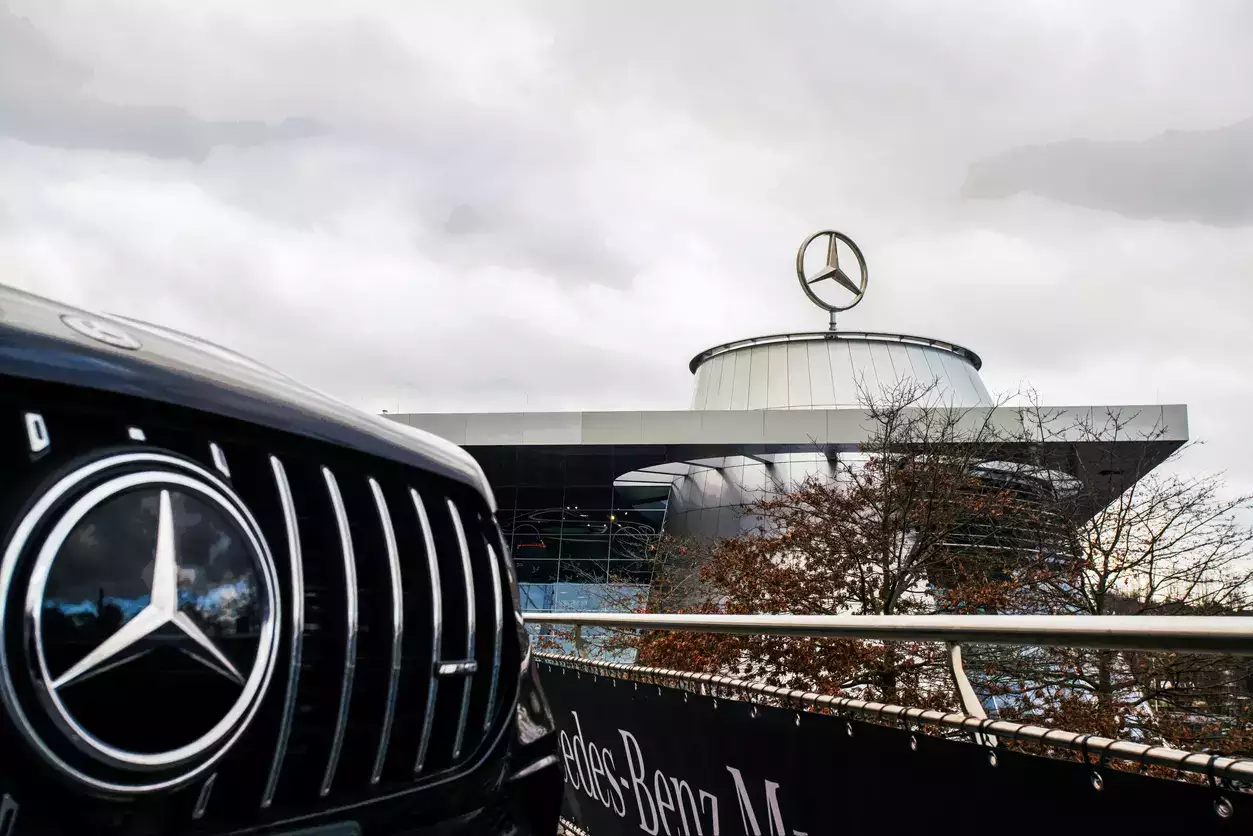 Mercedes has invested tens of millions of euros in the new plant, and says it will be able to recycle more than 96 percent of battery materials.
Mercedes has invested tens of millions of euros in the new plant, and says it will be able to recycle more than 96 percent of battery materials.Mercedes-Benz inaugurated Monday a plant for recycling electric vehicle batteries in Germany, with the luxury carmaker's boss hailing a "key milestone" in boosting the sector's sustainability.
The plant, in the southwestern town of Kuppenheim, will have an annual capacity to recycle 2,500 tonnes of material which will feed into producing some 50,000 batteries for the group's electric models.
The factory "marks a key milestone towards enhancing raw-materials sustainability", said Mercedes CEO Ola Kallenius.
Chancellor Olaf Scholz, who attended the plant opening, said recycling was "key" when it came to EV batteries.
"The circular economy is a growth engine and, at the same time, an essential building block for achieving our climate targets," he said.
With the clock ticking on an EU deadline to phase out the sale of fossil fuel-burning cars by 2035, there is a growing focus on producing and recycling electric car batteries in the bloc.
As well as reducing waste from EVs, recycling is seen as important to boost European sovereignty in the batteries sector, as materials such as cobalt, nickel and lithium mainly come from outside the region.
Mercedes has invested tens of millions of euros in the new plant, and says it will be able to recycle more than 96 percent of battery materials.
The plant covers all steps in the process, from shredding battery modules to drying and processing materials, according to the carmaker.
The critical metals are extracted individually via a chemical process and will be used to make new battery cells.
The process at the plant uses less energy and creates less waste than at other plants in Europe, according to Mercedes.
The opening of the factory is some rare good news for Europe's EV battery sector, which has suffered as electric vehicle sales slump on the continent.
Swedish battery maker Northvolt, a cornerstone in Europe's efforts to catch up with China in producing EV cells, announced last month it would cut a quarter of its staff in Sweden, as it struggles with strained finances and slowing demand.
Mercedes, like other German auto makers, has suffered in recent times and last month cut its outlook due to weak sales in the key Chinese market.
